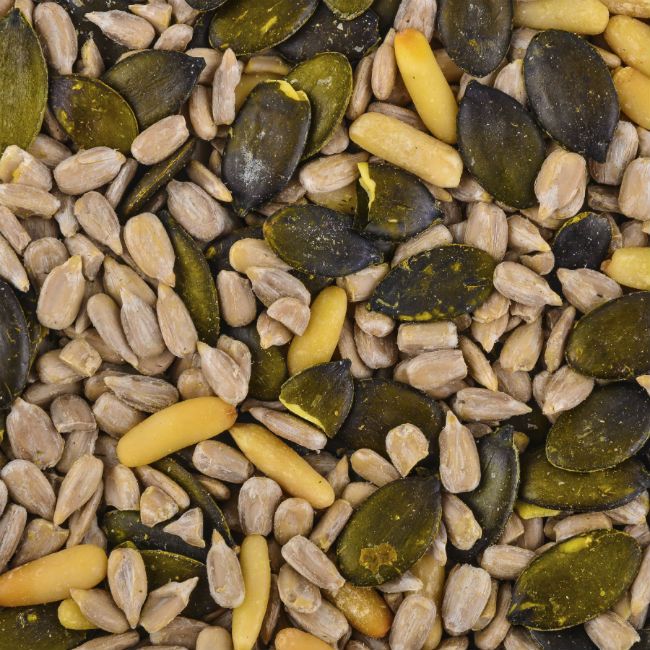When we think of our hair and the many things it needs to be prosperous, many times we overlook the smallest necessities that make the largest impact. Automatically we identify the important and most iterated necessity of them all, MOISTURE! Then follows the discussion on protective styles, cleansing, and any others that come to mind.
Are the roots of your hair follicles receiving a sufficient amount of nutrients to thrive?
What is Linolenic Acid?
Linolenic Acid is a polyunsaturated acid that comes from the Omega 6 fatty acid group. It is considered an essential fat and can be found commonly in vegetable oils such as safflower oil, soybean oil, and sunflower oil.
Why It Matters
Linolenic acid is essential for skin regeneration, hair growth, and metabolism. In order for healthy hair to grow, the scalp and internal health must be in good condition. When our body is not in a good balance our hair and scalp are usually first to suffer so the rest of our body can maintain proper function.
When We Lack Linolenic Acid…
- we’re risking having dry hair and hair loss
A deficiency of linolenic acid can lead to two nightmares that any naturalista can face: dry hair and hair loss. The dry hair is the first phase of a linolenic acid deficiency because it contributes to the overall structure of the hair follicle that helps maintain the strength of the hair.
When the bulbs at the root of the hair follicle are no longer able to receive a sufficient amount of nutrients due to lack of availability in the body, it redirects the small amounts to functions of the body that need the linolenic acid the most. But don’t worry too much, this can be fixed.
How to fix your deficiency
If you notice that you may have a linolenic acid deficiency, there a few ways to fix this problem to restore your hair and set it up for future healthy hair growth:
1. Adjust your diet. With this solution, the adjustment needs to be made in your vegetable intake. The amount of vegetables that go through the body throughout the various meals and snacks helps with the internal processing of linolenic acid. This specific fatty acid is common among many vegetables. Also, switching your cooking oil to mainly vegetable oils because the nutrients that are extracted from the vegetables, including linolenic acid, are all transferred into the oil.
2. Introduce a daily hair growth vitamin such as Viviscal, Hairfinity and The Mane Choice. These options will include a combination of essential nutrients that are good for the body overall and key nutrients for healthy hair growth.
3. Use a treatment solution that contains linolenic acid. These treatments will combat dryness of the hair. When applied to the scalp with heat for 30 to 45 minutes, the treatment has an opportunity to penetrate deeply into the follicles.
So, Does Linolenic Acid Matter?
Drumroll please… Yes! Just like we give special focus to other nutrients in our bodies, we should also pay special attention to those that aren’t always mentioned on the front labels of products.
Do you get enough Linolenic acid?


